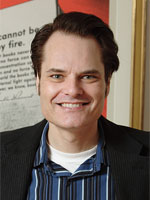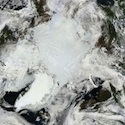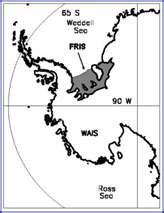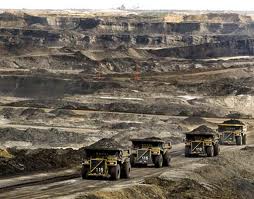 A recent study in Nature Climate Change by Dan Kahan and others has attracted interest for its findings on public apathy over climate change. It’s not incomprehension of the science that is the problem, the article finds, but the strong influence of the cultural environment and philosophical inclination of individuals, predisposing them to downplay the science even when they are well-equipped to understand it. It’s not my purpose in this post to communicate the substance of the study – there’s a very good short piece in the Economist which will do that for you – but I want to offer some reflection on its conclusions.
A recent study in Nature Climate Change by Dan Kahan and others has attracted interest for its findings on public apathy over climate change. It’s not incomprehension of the science that is the problem, the article finds, but the strong influence of the cultural environment and philosophical inclination of individuals, predisposing them to downplay the science even when they are well-equipped to understand it. It’s not my purpose in this post to communicate the substance of the study – there’s a very good short piece in the Economist which will do that for you – but I want to offer some reflection on its conclusions.
The claim that there are severe limits to the effectiveness of relying on simple communication of the science is not a new one. Social scientists have been declaring for some time that cultural and economic perceptions are what prevent the climate message from making headway in significant sectors of the community. This paper is further confirmation.
I don’t think there is any message here for climate scientists. They do science. Their work is to understand what is happening to the biosphere as greenhouse gas emissions continue to mount and to try to work out what it portends for the future. If some of the public say they don’t believe it, or they don’t believe it’s as serious as the science suggests, then there’s little more scientists can do than to reiterate that it’s real and it’s serious and to keep adducing the evidence which leads them to that conclusion. The evidence is mounting. There is nothing in sight to suggest the science has got it wrong.
Continue reading “Communicating science across cultural divides”


 In the last episode of the
In the last episode of the  Earlier this month James Hansen wrote a trenchant
Earlier this month James Hansen wrote a trenchant